Story
-
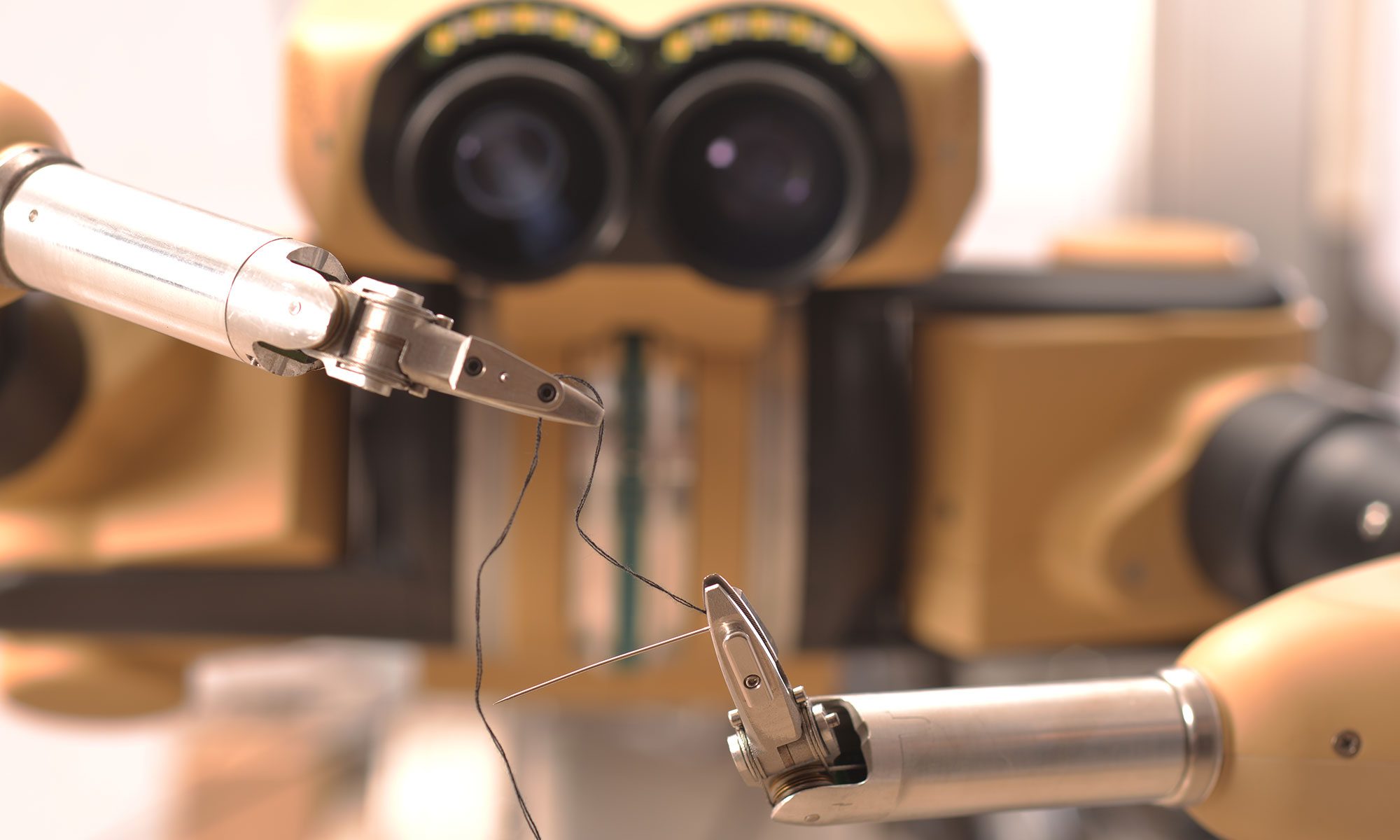
Taurus: This small robot is reaching new heights and solving once-thought impossible challenges
Check out these 6 reasons why you should consider this robot for remote operations
-
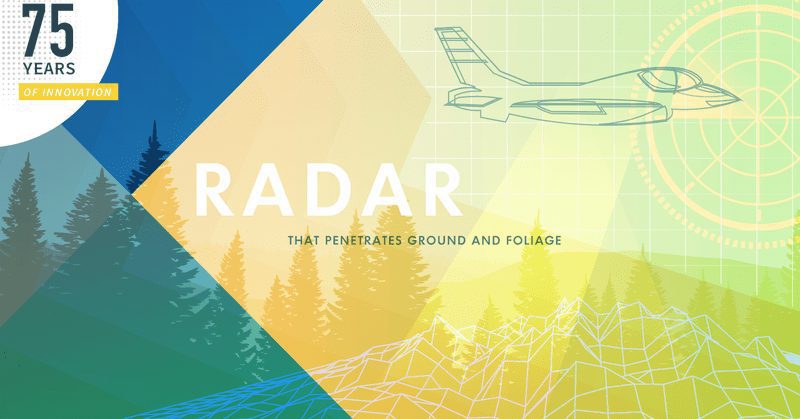
75 Years of Innovation: Foliage-Penetrating Radar technologies (FOLPEN)
Ground-breaking innovation around application of Foliage-Penetrating Radar Technologies.
-

Featured innovator: Patrick Lincoln, SRI International
Lincoln is spearheading world-changing innovations as director of SRI’s Computer Science Laboratory.
-
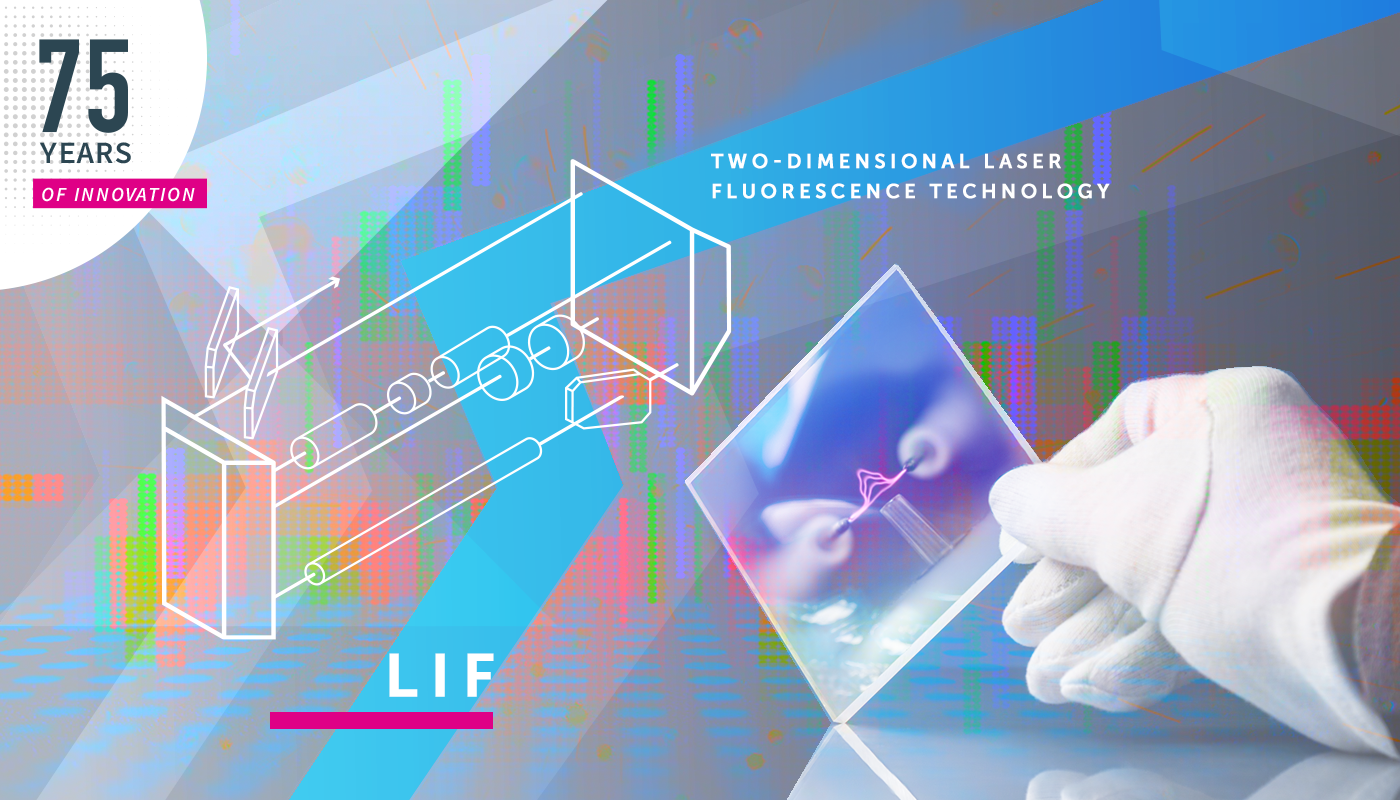
75 Years of Innovation: Two-dimensional laser-induced fluorescence spectroscopy
SRI developed a novel technique within the discipline of fluorescence spectroscopy that could be applied to combustion chemistry.
-

VOiCES: SRI and IQT Labs collaborate on advancing speech research for far-field application
VOiCES is poised to power AI and machine learning research that could generate exciting advancements in speech tech.
-
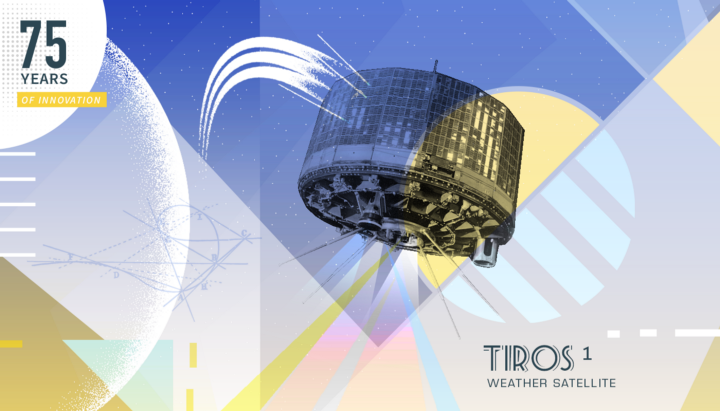
75 Years of Innovation: TIROS 1 (Television InfraRed Observation Satellite)
A short life but a long legacy: The story of the TIROS-1 Observation Satellite
-
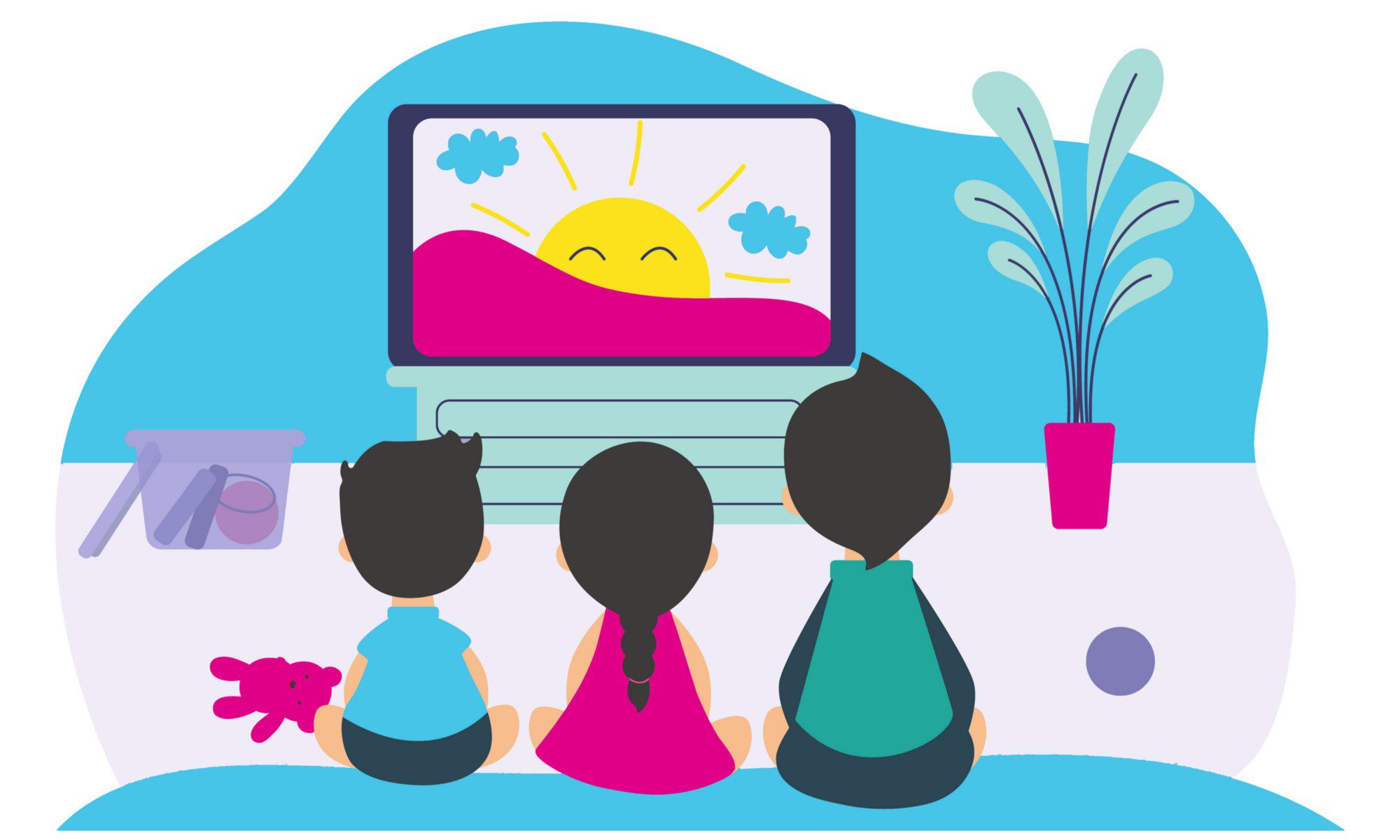
How research advances the promise of children’s educational media
SRI education researchers partnered with children’s media organizations to develop, improve, and evaluate digital media-based learning
-
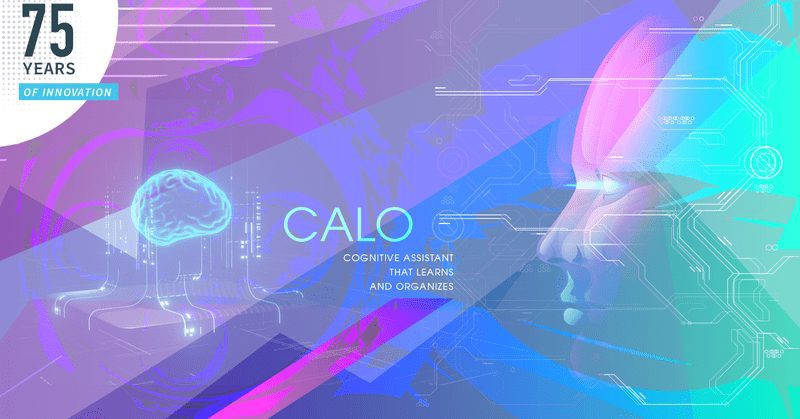
75 Years of Innovation: CALO (Cognitive Assistant that Learns and Organizes)
A research project that developed an enduring personalized cognitive assistant
-

SRI internship program spotlights brightest up and coming minds
SRI’s interns work hand-in-hand with seasoned SRI experts on world-changing solutions
-
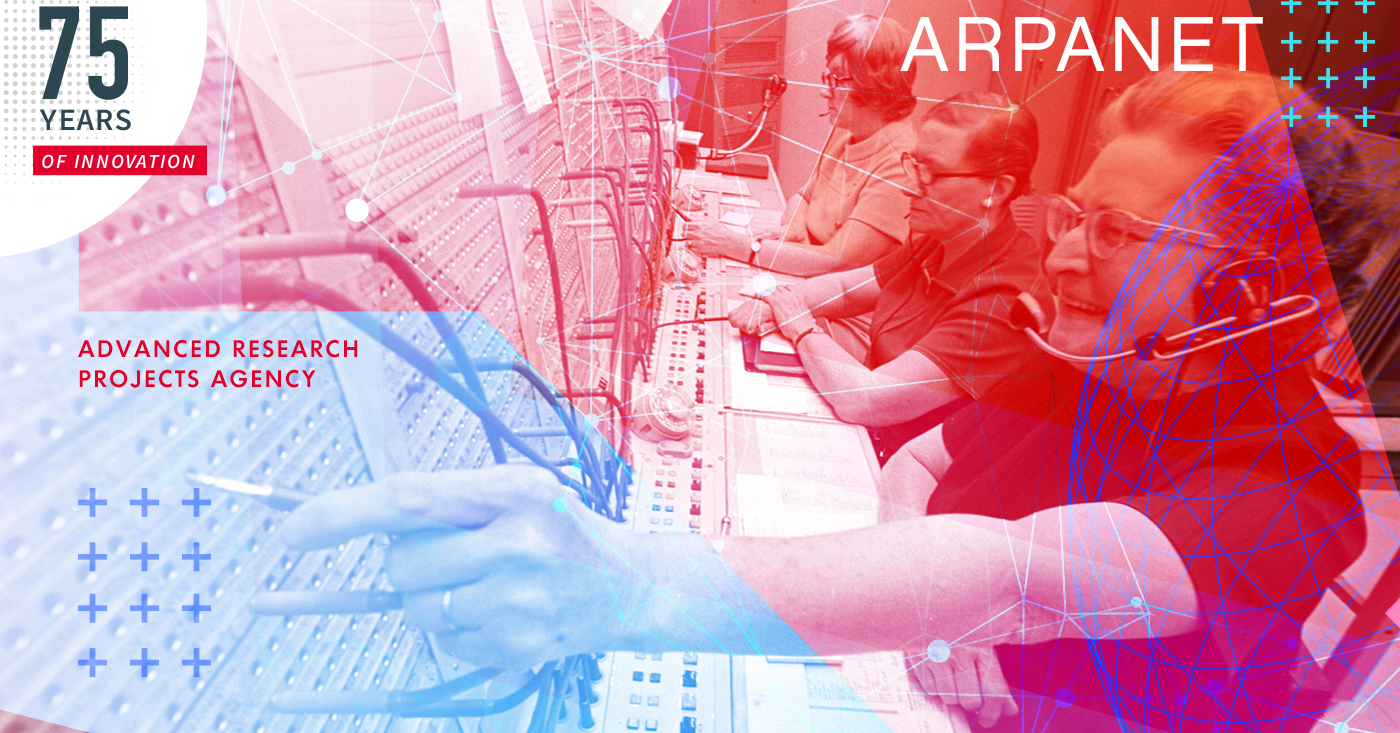
75 Years of Innovation: ARPANET
A collaborative project that gave rise to the modern internet.
-
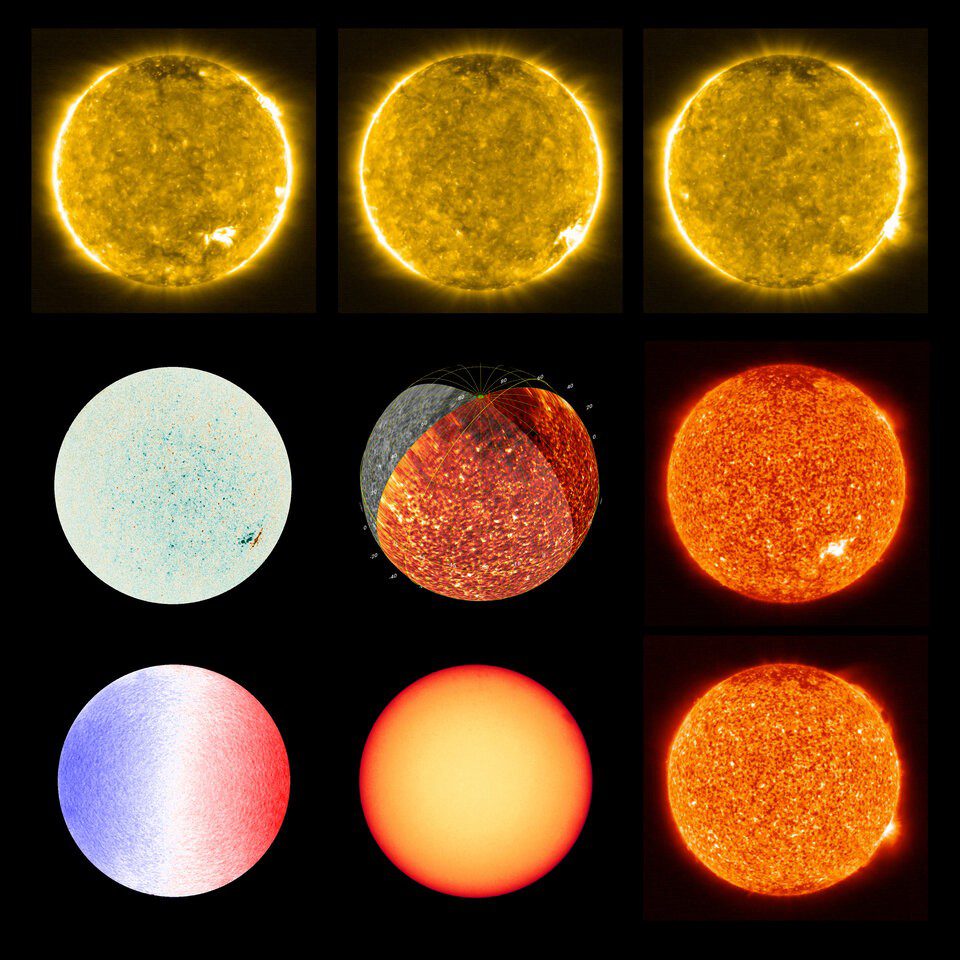
Exploring the solar system with SRI’s CMOS Imager
Imagine watching the launch of a NASA planetary mission and knowing that technology you built is along for the ride. It must be thrilling, and SRI’s Jim Janesick knows the feeling well.
-
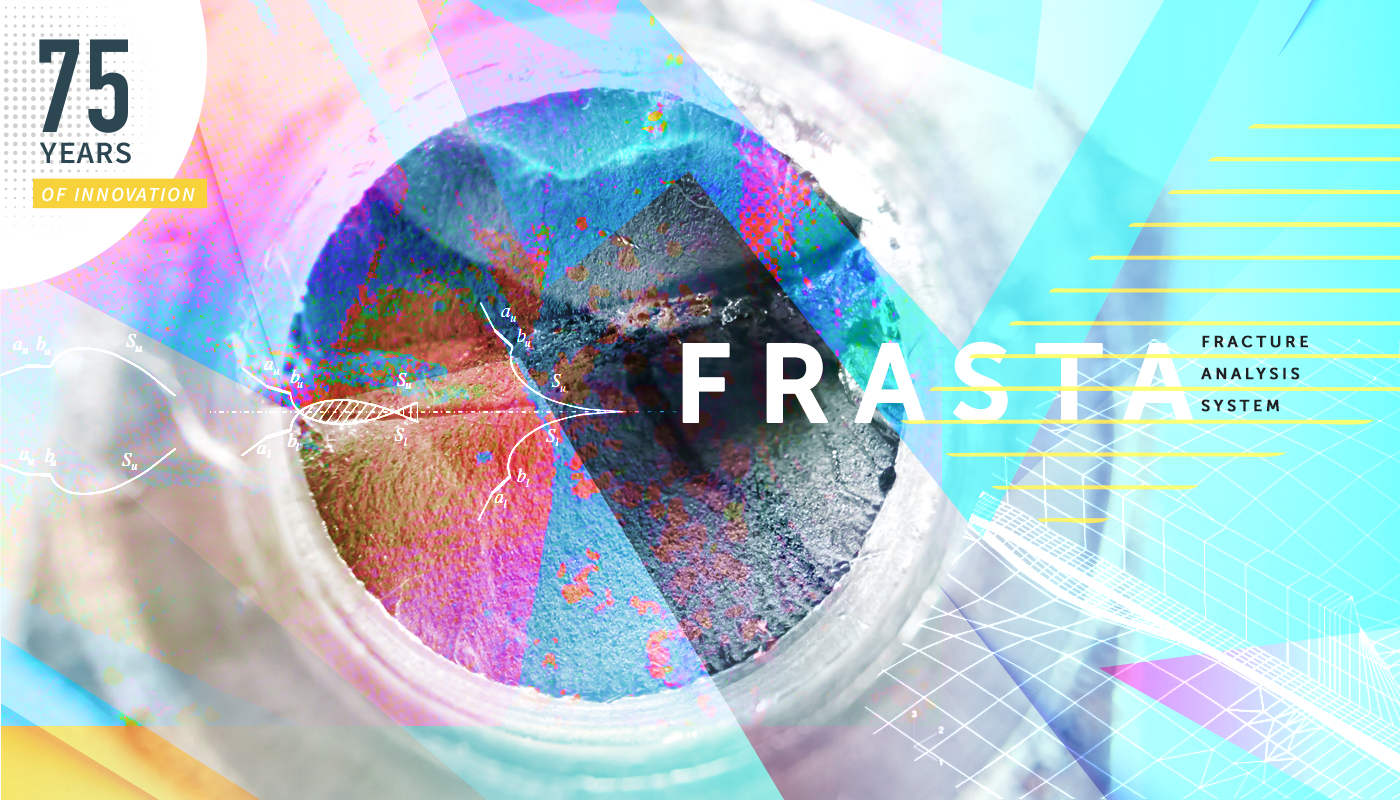
75 Years of Innovation: FRASTA (Fracture Surface Topography Analysis)
A method to look at subsurface cracks and their growth patterns to determine topographical characteristics of material fatigue.